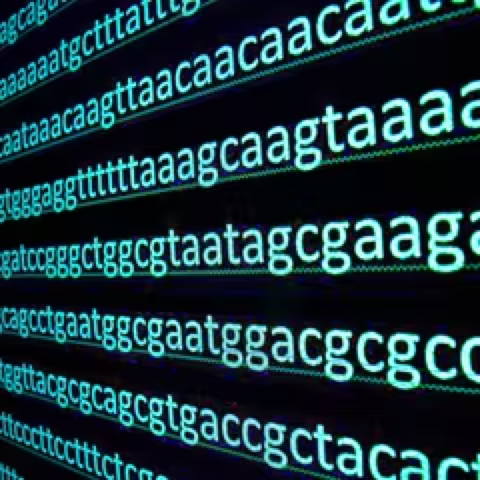Under another proposition, individuals in England will actually want to pay the NHS to have their genome sequenced, as long as they consent to share their anonymised information with specialists. This plan would work in lined up with NHS-financed genome sequencing proposed to individuals with specific acquired conditions and follows the 100,000 Genomes Project, which set off on a mission to more deeply study how changes in DNA add to uncommon sicknesses and disease.
Gathering genome grouping information from sound individuals will without a doubt build how we might interpret the connection among DNA and sickness and lead to new therapies. In any case, NHS conveyance of a help that lets the public compensation for customized provides details regarding their hereditary make-up is untimely.
The human genome is amazingly perplexing and our comprehension of its part in sickness is extremely restricted. We as a whole have countless hereditary variations, and it tends to be difficult to tell which ones could have added to illness. Recognizing clear hereditary foundations for most patients’ wellbeing problems in the 100,000 Genomes Project is demonstrating troublesome. Presently shut to enrollment, the 100,000 Genomes Project is not even close to finish. While certain patients have gotten an outcome that makes sense of their issue or recommends treatment, most have not. The difficulties that add to the low achievement rate are overlooked by patients, the general population and medical services experts.
A few serious acquired conditions can be recognized early and there are medicines that can decrease the gamble of them creating or bringing on some issues. These incorporate familial bosom, ovarian and inside disease, acquired heart conditions, for example, hypertrophic cardiomyopathy, connective tissue problems like Marfan disorder, and familial elevated cholesterol.
Solid close family members of an individual impacted by one of the previously mentioned acquired problems can as of now access screening on the NHS and, if vital, play it safe to restrict their gamble of fostering the illness. Contingent upon the problem, precautionary measures range from taking drug, like statins, to having a medical procedure, like mastectomy.

To comprehend the gamble of acquired sickness in a sound individual who has no family background of that illness, researchers could search in that individual’s genome for quality variations that have been displayed to cause infection in patients. Research has shown that a great many people would want to find out whether they have quality variations that put them in danger of a serious, treatable sickness. Genomic data isn’t simply private – quick close family members of an individual found to convey an illness causing quality variation will have a half possibility acquiring a similar variation.
Around 2-3% of solid individuals convey a variation connected to one of the serious however treatable problems referenced previously. The issue is that practically every one of the information connecting quality variations with illness risk come from individuals who have the infection. So we don’t have the foggiest idea how huge or little the dangers are for sound individuals found to convey a quality variation for a specific illness assuming the individual has no family background of that sickness.
Indeed, even in families where somebody has an acquired problem, not all family members conveying a similar hereditary variation will foster the issue. It is likewise essential to understand that assuming a solid individual’s genome contains no reasonable hereditary gamble variations, this can’t preclude the likelihood that they will foster infection, including acquired messes, on the grounds that the causes are as yet not completely perceived.
Such a large number of unanswered inquiries
There are numerous unanswered inquiries concerning offering wellbeing risk data to solid individuals in view of genome sequencing. For instance, which quality variations ought to be considered being connected to infection risk? Should sound individuals get hereditary guiding? Assuming this is the case, when? What clinical trials may be valuable to recognize infection, how frequently and for how long should those tests be rehashed? Should sound transporters contemplate ingesting defensive medications or deterrent medical procedure to deal with their gamble regardless of whether we can’t rest assured there is a gamble or how enormous the gamble is?
Then, at that point, there is the subject of what specialists ought to encourage individuals to do in the event that they have a gamble variation – and whether patients will follow up on that exhortation. Furthermore, what impact will finding out about a potential illness risk have on individuals’ emotional wellness? Will individuals inform their family members regarding the gamble to other relatives, and should the NHS likewise propose to test their family members? At last, there is the subject of what this will all cost the NHS – is it supported?
While the expense of the test might be borne by the client (in spite of the fact that we don’t have the foggiest idea about the sticker price yet), the cost will exclude expenses of information understanding, guiding and tests to search for an illness over a long period in sound individuals who might in all likelihood never foster sickness.
Selling genome sequencing and utilizing it to furnish wellbeing risk data clashes with one of the NHS’s establishing standards which is that admittance to mind depends on clinical need, not capacity to pay. We really want painstakingly planned and assessed research studies to conclude whether genome sequencing benefits solid individuals and the NHS – assuming that it does it ought to be accessible to all residents for nothing.
